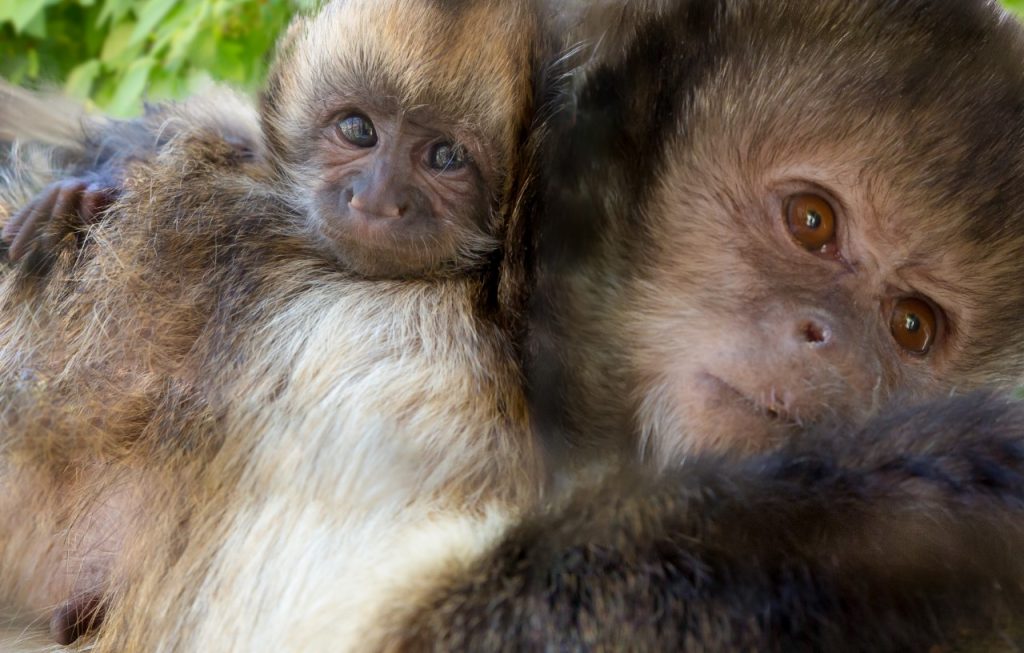Maned wolf nutritional management
Citation
Allen, M.E. (1995) Maned wolf nutritional management. In: Husbandry Manual for the Maned Wolf Chrysocyon brachyurus. N.B. Fletchall, M.Rodden and S. Taylor, Eds. American Association of Zoos and Aquariums
Abstract
The difference between facultative and strict carnivores may be illustrated by comparing the domestic dog and the domestic cat. Many canids have broad feeding habits, including a variety of fruits and other plant parts in their natural diets. By contrast, felids show no tendency to omnivory; they are all essentially predators. Nutritional studies indicate that the domestic dog and the domestic cat differ markedly in nutrient requirements and in nutrient metabolism. The cat requires higher levels of essential amino acids, the building blocks of protein.
Cats also require more nitrogen from non-essential amino acids to compensate for high obligatorynitrogenlosses. Canids can conserve dietary nitrogen when dietary levels are low. Cats are especially sensitive to arginine
deficiency and must receive a dietary source of taurine.
 Maned Wolf Nutrition.pdf 24 KB
Maned Wolf Nutrition.pdf 24 KB








